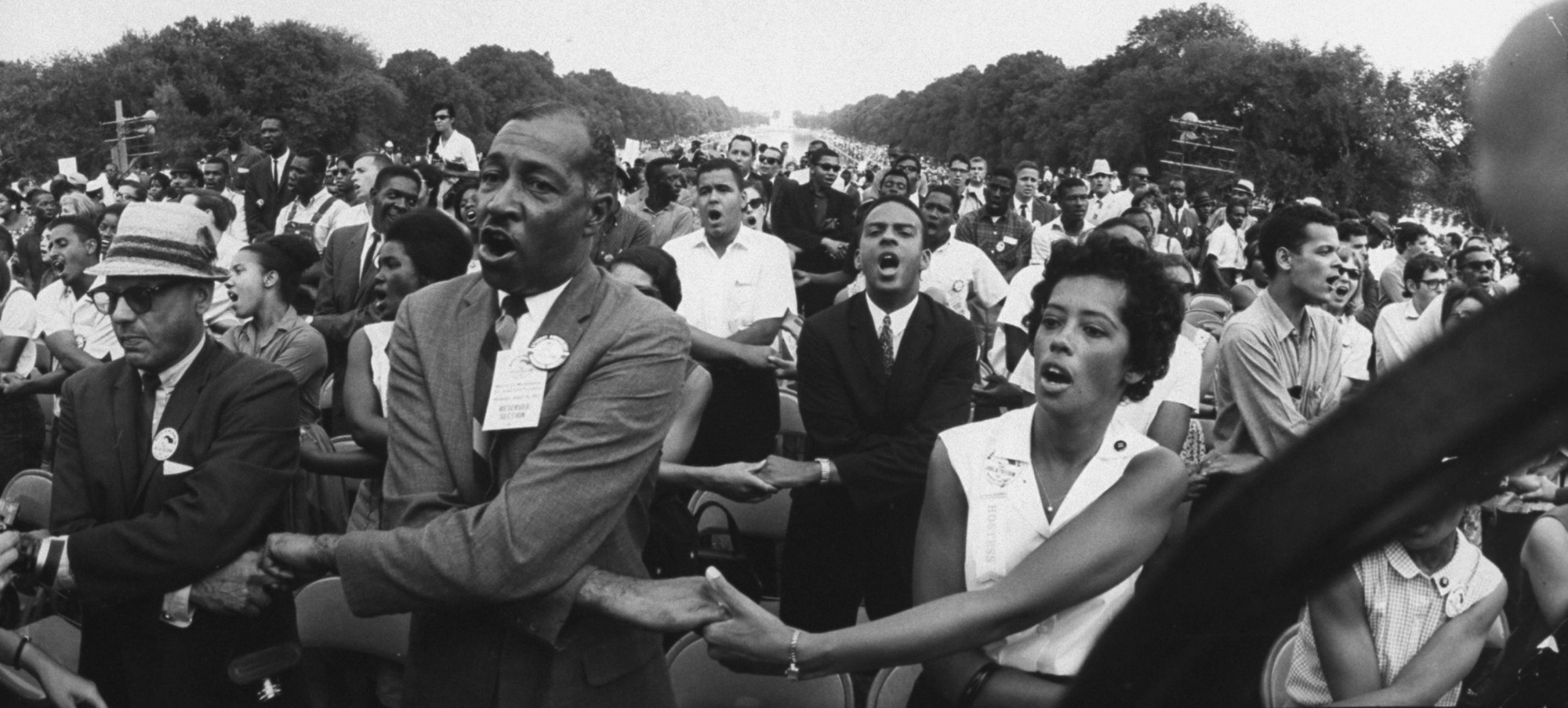At the March 2011 launching of OIC of America’s Entrepreneurial Mindset Initiative (EMI), OICA’s chairman, Herman “Art” Taylor, reiterated the imperative for a self-reliance, we-have-to-help-ourselves approach:
“Consistent with our history, OIC of America will not wait for someone to wave a magic wand and eliminate the economic disparities for African Americans. It has not happened in the past and will not happen in the future…” (emphasis added)
The EMI has the potential to grow into a potent national resource-pooling initiative, e.g., as conceptualized in the National Venture & Excellence (EXCEL) Fund. At the very least, its performance should provide useful insights for the “Black Progress Innovators” (BPIs) who want to establish such a fund.
The rationale for the initiative, according to OICA:
“Given the proven correlation between self employment and wealth creation, OICA is launching this focused initiative to encourage more African Americans to think like and become entrepreneurs. …[EMI] will recruit individuals from economically distressed communities. In so doing, we will challenge the notion that people without means cannot thrive in business in our society. While it may be harder for them to achieve success than for those with more, these individuals will demonstrate that they, too, with help, can be business owners, acquire wealth, employ others and contribute to their communities.”
The $100 million EMI will be “perpetually funded” by an endowment to be raised in two parts: (a) the first $10 million will be raised through OIC10, a funding initiative that is soliciting one million, one-time $10 contributions nationwide; and (b) the remaining $90 million is expected to be obtained through ‘challenge grants’ from foundations and interested individuals.
In recognition of the immense potential of the use of modern technologies and networks (social media, etc.) to galvanize support for resource-pooling efforts, OICA encourages making the $10 contributions by texting the keyword “OIC” to “41010” from mobile phones.
As discussed in Financing Black Progress, Part 2: A Self-Reliance “Marshall Plan”: Creating a National Resource-Pooling Fund, among the key factors critical to the success of this type of resource-pooling are: (a) the credibility, reputation, and competence of the sponsors/managers with respect to judicious use of contributions to produce tangible and visible results; and (b) transparency and accountability to ensure the sustained confidence of contributors.
In this regard, OICA emphasizes its “proven ability to reach under-represented populations” and its “unique capacity to inspire people to dream, learn, work and succeed by invoking the philosophy of ‘self-help’ that has been the cornerstone of OICA services for 47 years”:
“The Entrepreneurial Mindset Initiative is a contemporary re-birth of a proven legacy for success. OIC of America has trained over 2 million people nationwide since its origin. OICA’s founder, Rev. Leon Sullivan was a force in African American entrepreneurship and self-help when, in 1968, he built Progress Plaza in North Philadelphia—the first black owned shopping center in America. The project was funded by Philadelphia citizens, who invested in Rev. Sullivan’s 10/36 Plan. The plan involved thousands of individuals and families regularly contributing small sums of money to accomplish a shared goal for the benefit of the community.”
EMI’s National Director is Stanley H. Greene, who, according to his OICA bio, is “a seasoned professional with over 25 years of experience in helping large corporations and small businesses reach their full potential.” Mr. Greene obviously appreciates EMI’s challenge and potential: “I have been involved in many projects over the years, and this is the most challenging and potentially rewarding for communities nationwide.”
We presume EMI will publish the results of its funds-pooling efforts soon, hopefully sometime this year. So stay tuned.
